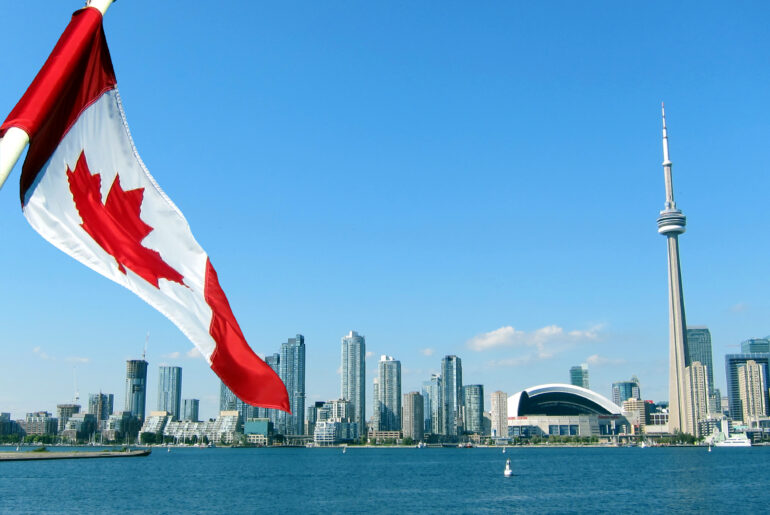UNITED STATES – On April 27, 2015, a Ninth Circuit Panel clarified the meaning of the Class Action Fairness Act’s (“CAFA”) “local single event exception” to federal jurisdiction, creating an arguable split in the Circuit Courts and giving U.S. class action parties more certainty in whether their cases may be removed from state to federal court. Allen v. Boeing Co., No. 15-35162 (9th Cir. April 27, 2015). In doing so, the Ninth Circuit Panel declined to follow the Third Circuit’s definition of the exception through a multi-year “event,” Abraham v. St. Croix Renaissance Group, L.L.L.P., 719 F.3d 270 (3d Cir. 2013), and at the same time acknowledged, but distinguished, the Fifth Circuit’s view that the “event” could be constituted by a consistent pattern of conduct. Rainbow Gun Club, Inc. v. Denbury Onshore, L.L.C., 760 F.3d 405 (5th Cir. 2014).
Congress enacted CAFA with certain provisions allowing defendants to remove class actions filed in state courts to the federal court system if they constitute a “mass action.” 28 U.S.C. § 1332(d)(11)(B). One exception to the defendants’ ability to remove is the “local single event exception,” which provides that the term “mass action” does not include a civil action in which all of the claims in the action arose “from an event or occurrence in the State in which the action was filed, and that allegedly resulted in injuries in that State or in States contiguous to that State.” 28 U.S.C. § 1332(d)(11)(B)(ii)(I).
The plaintiffs’ district court complaint that was the basis for the Ninth Circuit’s opinion alleged that the putative class incurred property damage as a result of more than 40 years of groundwater contamination near Auburn, Washington. One of the defendants removed the case to the District Court for the Western District of Washington on the grounds of diversity jurisdiction and on the basis that the action was a “mass action” under CAFA, 28 U.S.C. § 1332(d)(11)(B). The district court remanded the case to state court holding that diversity jurisdiction did not exist, and that the action came within CAFA’s “local single event exception” to federal jurisdiction. The removing defendant was subsequently granted leave to appeal pursuant to 28 U.S.C. § 1453(c).
The Ninth Circuit vacated the remand order, holding that the action did not come within the exception. The Ninth Circuit cited one of its previous opinions, in which it held that a bank’s alleged widespread fraud in thousands of borrower interactions did not fall within the exception because the case did not involve a single event or occurrence. Nevada v. Bank of America Corp., 672 F.3d 661 (9th Cir. 2012). The court contrasted an opinion of the Third Circuit that held the words “event or occurrence” were not limited to a specific incident with a fixed duration of time: “one can speak of the Civil War as a defining event in American history, even though it took place over a four-year period and involved many battles.” Abraham, 719 F.3d at 277. Rejecting this interpretation of CAFA, the Ninth Circuit pointed out that Congress intended the exception to be limited and the Third Circuit’s reading would be inconsistent with the overall structure of CAFA because it would obfuscate the boundaries between CAFA’s exceptions. At the same time, the Ninth Circuit acknowledged a Fifth Circuit opinion in which the Fifth Circuit held that the single event or occurrence may be constituted by a pattern of conduct in which the pattern is consistent in leading to a single focused event that culminates in the basis of the asserted liability. The Ninth Circuit then concluded that the actions alleged to have occurred over more than 40 years included several distinct actions on the part of the defendants, not a consistent pattern, and were insufficient to allege a “local single event.” Consequently, the district court would retain federal jurisdiction of the action.


